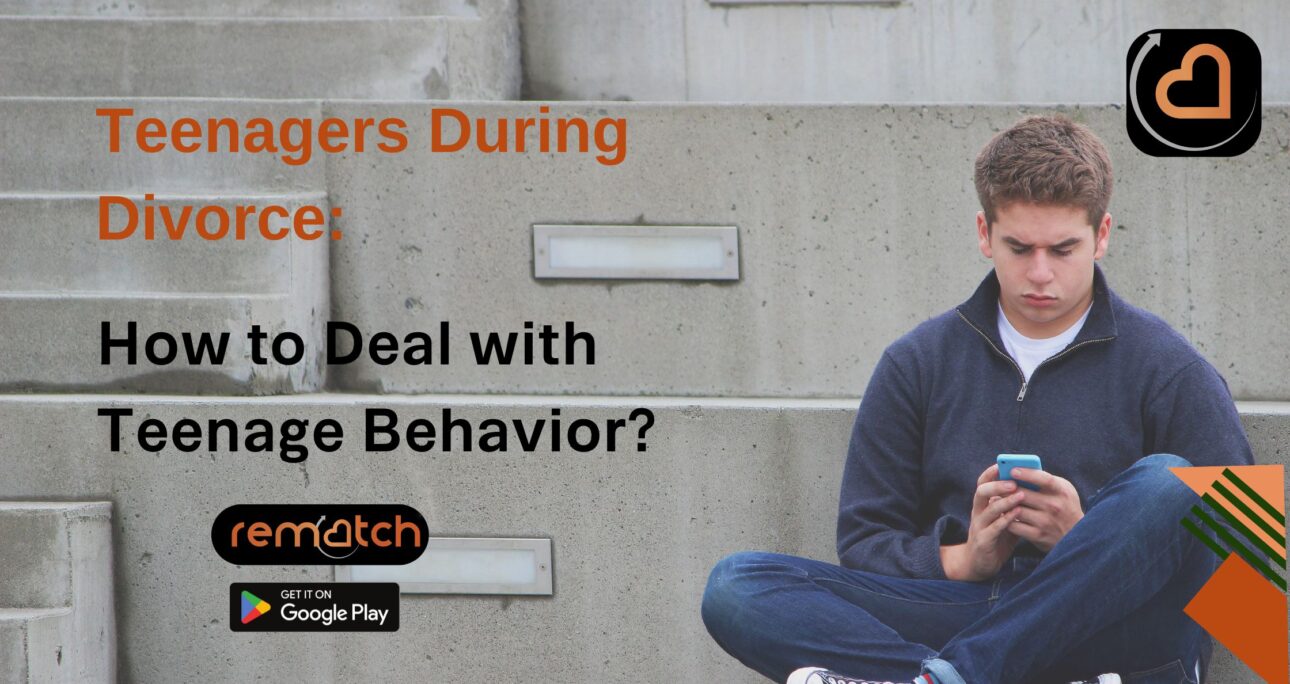Raising teenagers is difficult, as you think. Here in this article, let’s discuss raising teenagers as a single parent during divorce. When a couple decides to separate, it perturbs the whole family, especially the children. Parents should take practical steps to support their children and learn new parenting techniques to guide them. Since teenagers are more capable of handling emotions than younger ones, parents rely on them too much. However, parents should note that even teenagers are children, and they, too, need parental support, just like their younger siblings.
It is completely normal to have adverse reactions from your child. Like you, they, too, will feel uneasiness and chaos. Sometimes they might feel happy to see the unhealthy relationship finally end. If you are wondering how to deal with teenagers during divorce, you are in the right place. Read on to find some tips about raising teenagers during divorce.
Raising Teenagers During Divorce
- Monitor Their Behavioral Changes
More often, teenagers exhibit different behavioral changes. When a separation occurs in the family, it may trigger behavioral changes in children, especially teenagers. Teenage is a period that requires special attention and support; separation in the family might cause a complete difference in your child’s routine. As a parent, watching your child and their emotions is crucial during this period.
- Never Blame Your Partner
You might be angry or distressed with your partner during separation, but you must never blame your partner in front of your child. This could worsen the situation and add to your child’s anxiety. Maintaining a friendly relationship with your ex-partner is vital, as your teenagers need their parents throughout life.
- Inform Their Teachers About Your Separation
School is somewhere you cannot monitor your child. Fortunately, we have teachers who can understand children to the core. Inform teachers about your separation and request them to watch your child.
- Plan Activities Together
It is incredibly vital to give time and attention to your child; that doesn’t mean invading their personal space. You and your partner are still parents, and you should plan trips and activities together to make your child feel safe and happy.
- Seek Expert Advice
As a parent, it is vital to think and take the necessary steps if you find something unusual about your teenager’s behavior. Furthermore, take guidance from good parenting books for this purpose. Take your teenager to a counselor if needed. Make sure they have mental peace at home and avoiding open fights or arguments with your partner is vital.

Divorce and Teenage Depression
While divorce is the best choice for people living in unhealthy relationships, raising teenagers and dealing with their emotions during a divorce is challenging. Divorce and teenage depression are highly interrelated. As we all know, depression is a complicated mental health condition, and the adolescent years are a period of mood changes. When raising a teenager, it is essential to see your child’s mental health condition during the Divorce. Divorce and teenage depression are prevalent issues. Divorce is a traumatic period for you and your child, and exposure to traumatic events is a significant cause of depression.
If you are a divorcee and you have a teenager, you may wonder, how can I offer a happy life for my child? What to expect when raising teenagers? Will my divorce result in depression for my child? Answers to these questions are challenging. However, the most crucial step is communicating well with your partner and child. Maintaining a friendly relationship with your partner and being there for your child is essential.
Parents’ separation obviously will hurt children, especially teens. They tend to take risky steps to comfort themselves from challenging times. Thus, talking to your teenager about the reasons for your separation and the importance of love is vital. It would help if you assured your child about security and happiness.


